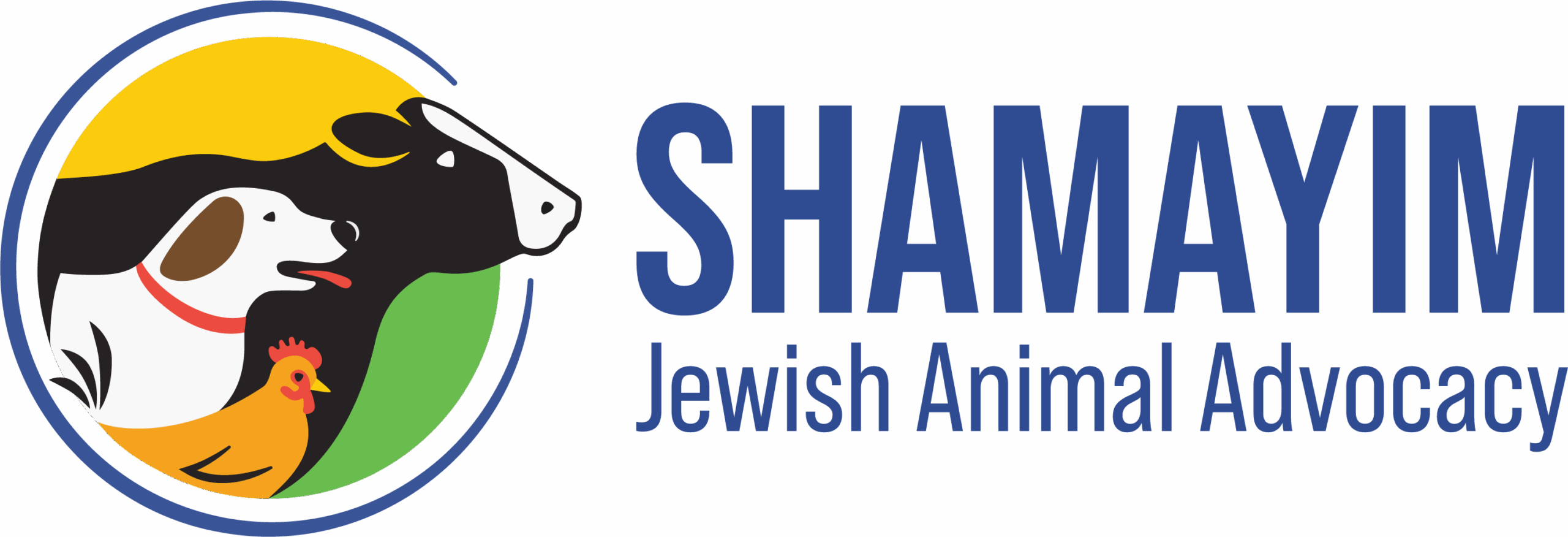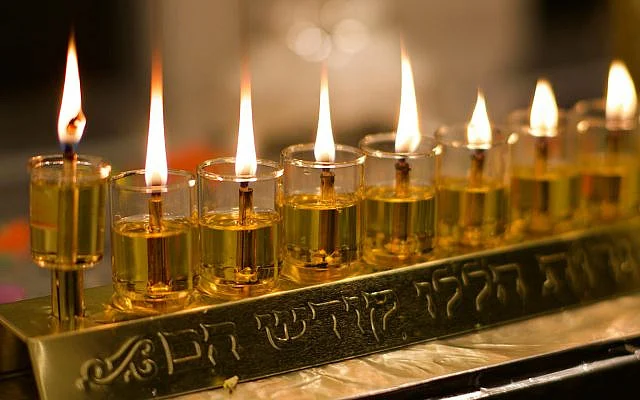By Rabbi Shmuly Yanklowitz
Hanukkah, or the Festival of Lights, calls for Jewish families to come together. It is a period of triumph, miracles, and tradition to showcase strength over persecution. Jews light the menorah every night to resemble hope and to add light in a world plagued by darkness. It is a holiday with a theme about miracles—where oppression beats the odds, and small actions inspire great change. In modern times, more Jewish families incorporate vegan traditions into their Hanukkah celebrations to display compassion to every sentient being, including animals.
The tale of Hanukkah observes an astounding victory and a persistent flame that remained lit despite all challenges. It is called a miracle, but it’s not just from thousands of years ago; it is a reminder today to give hope and light to those who are oppressed and marginalized. Our friends and families celebrate; however, there is a missing link with the continuous mistreatment of animals in the factory farming industry—a harsh reality often not thought of during our festivities.
The massive amounts of suffering in the animal agriculture industry are appalling. Around 99% of animals that are slaughtered in the United States swell in confinement, with 1.7 billion animals tortured in CAFOs (Concentrated Animal Feeding Operations) yearly.
Animals spend their days in small, unkept environments, stripped of their natural conduct and experiencing suffering and pain that most people turn a blind eye to. In fact, factory farming is considered a dominant reason for suffering on our planet, today’s cloak of oppression that affects sentient creatures on a massive scale. In the spirit of Hanukkah, it is important to realize that animals, not only humans, deserve to live without fear and pain.
This holiday season requires not only prayer but action. Jewish tradition participates in rituals and prayers that enforce compassion and shielding of those in danger. For instance, the Amidah prayer states “al hanissim,” a prayer for miracles and gratitude. Just like our ancestors became worthy of these miracles, perhaps we can reflect and act on the power we do have to create positive change. As each candle is lit on the menorah, it can reflect our dedication to justice for all lives.
Now just envision a Hanukkah where there is a joyous gathering of food on the table that is in alignment with these morals. From golden sufganiyot to crispy latkes, the adored foods of Hanukkah can be cooked with no animal-derived ingredients, giving us a way to lessen suffering during this celebratory occasion. Vegan activist and award-winning actress Mayim Bialik, a daring animal rights advocate, has actively lived a life of compassion through her work. Moreover, Mayim joined as a member of the board at Shamayim, a Jewish vegan organization, since she is passionate about being both Jewish and vegan. She provides a plethora of plant-based recipes that are traditional yet do not compromise on flavor whatsoever. Her recipes for oil-free latkes and vegan gelt embody the Hanukkah spirit, and it’s a fun, easy way to incorporate more inclusivity for Jewish dietary customs.

Mayim suggests you can find simple replacements for your favorite foods and treats. You can find Bialik’s recipes on her blog Groknation or in her cookbook, Mayim’s Vegan Table. Here is a summary of her ideas for a vegan Hanukkah menu:
Non-Dairy Gelt – Thankfully, vegan versions of these chocolate coins are becoming more popular, allowing everyone, young and old, to indulge in Hanukkah’s tradition of eating chocolate delights.
Sufganiyot (Jelly Donuts) – Instead of using dairy milk, you can use plant-based milk and oil to bake fluffy, delicious jelly donuts that are a crowd-pleaser for everyone.
Vegan Latkes – Traditionally, eggs are used when making latkes. You can replace the eggs with chia or flax seeds to bind them without falling apart.
By choosing to eat vegan, we not only pay tribute to the animals but create opportunities for a humane miracle in our daily choices. Recipes from advocates like Mayim Bialik provide a head start for any family looking to have their own vegan Hanukkah. These micro-changes in our options may be small, but they can spark a fire of impact, aligning with the holiday’s message to believe in light over darkness.
Hosting a veganized version of Hanukkah is more than just what’s on your plate—it’s a commitment to our Jewish faith. When we collectively pray, tell stories, and honor our resilience, we have the chance to pass along our compassion. Every time we light the candles, they can serve as reminders to empower ourselves to build a future where empathy and kindness are stronger than neglect and cruelty.
For Hanukkah, make the decision to choose benevolence at your dining table. By decreasing cruelty and embracing kindness, we bring the miracles of Hanukkah into the present, allowing our actions to roar as powerfully as our prayers.


Leave a Reply